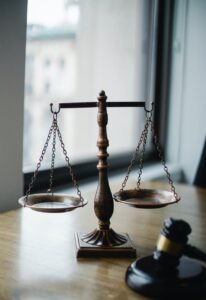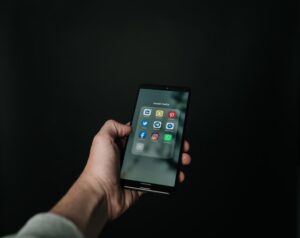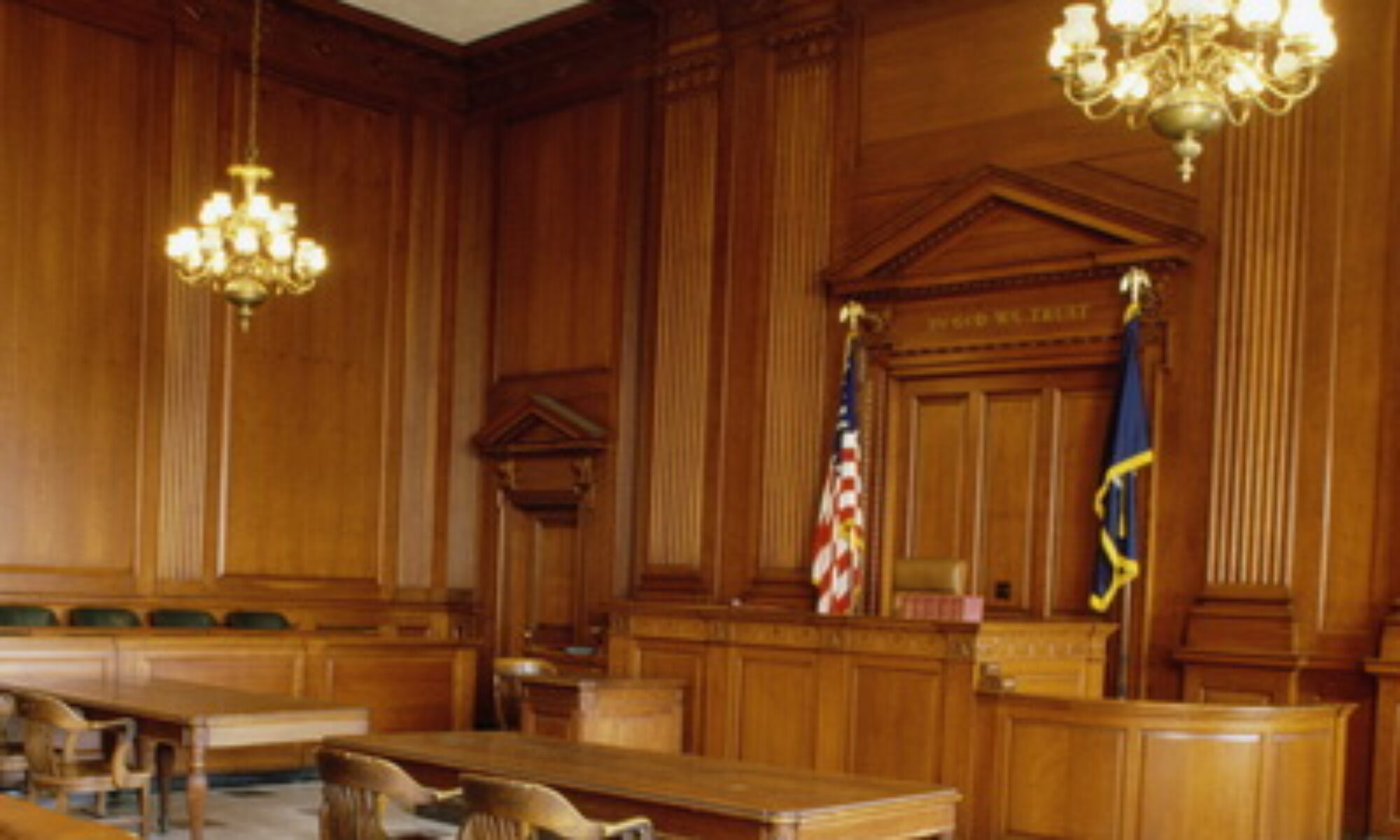
Technology and Privacy Laws
As technology progresses, new legal dilemmas materialize. Arguments are continuing regarding social media posts, and what is legal and what is not, or more precisely, where is the line drawn where someone can be held liable for controversial postings, or what one may deem controversial?
With that said, electronic devices are no exception to the quandary of legalities. Such is the case of law enforcement accessing information from suspected criminals’ cell phones.
There is an FBI–Apple encryption dispute that concerns the extent ro which courts in the United States can compel manufacturers to assist in unlocking cell phones whose data are cryptographically protected (encrypted).
Privacy vs. National Security

On December 2, 2015, there was a terrorist attack at the Inland Regional Center in San Bernardino, California, consisting of a mass shooting and an attempted bombing.
The FBI obtained the cell phone used by the terrorists but was unable to decrypt it. After an unsuccessful attempt by the NSA to crack it, the FBI did find a way (some experts say it was a firm from Israel) to break the encryption code.
Does Law Enforcement Have the Legal Right to Pursue a Case If It Involves Privacy Access via Electronic Devices?
The Fourth Amendment States:
“The right of the people to be secure in their persons, houses, papers, and effects, against unreasonable searches and seizures, shall not be violated, and no warrants shall issue, but upon probable cause, supported by oath or affirmation, and particularly describing the place to be searched, and the persons or things to be seized.”
Noting this amendment, we can take a look at the legalities regarding a criminal act and law enforcement’s actions to bring the criminal to justice.
Timothy Carpenter was found guilty of a string of robberies in Ohio and Michigan and was sentenced to 116 years in prison. Part of the prosecution’s evidence was the FBI’s collection of 127 days of location data from his cell phone that revealed Carpenter to be in the same areas where and when the robberies occurred.
Carpenter’s Sentence and the Supreme Court’s Decision

Supreme Court Justice Sotomayor questioned the government’s lawyers about law enforcement’s right to access cell phone data without a search warrant:
I know people who take phones into public restrooms. They take them with them everywhere. It’s an appendage now for some people. If it’s not okay to put a beeper into someone’s bedroom, why is it okay to use the signals that phone is using from that person’s bedroom, made accessible to law enforcement without probable cause?
The result was that the Supreme Court held, in a 5–4 decision that the government violated the Fourth Amendment by accessing records of an individual’s physical location from cellphones without a search warrant.
Regardless, Carpenter was still convicted and the government secured the 116-year prison sentence against him even though cell location information that the FBI accessed was said to be unlawfully obtained.
So Carpenter did go to prison, but he will be known more for initiating a legal battle when law enforcement can execute search warrants to access one’s private technical devices.
Conclusion
Many feel that the laws regarding government access to an individual’s private technology devices are out of date and need to be modified.
